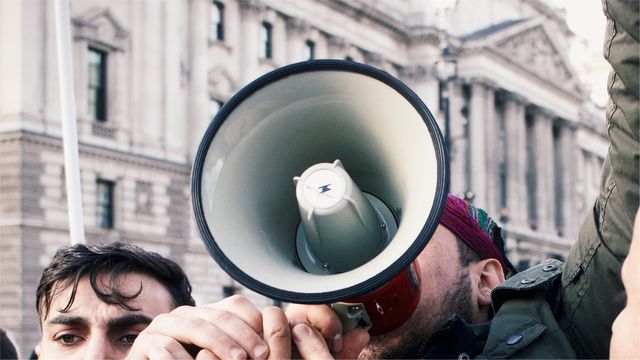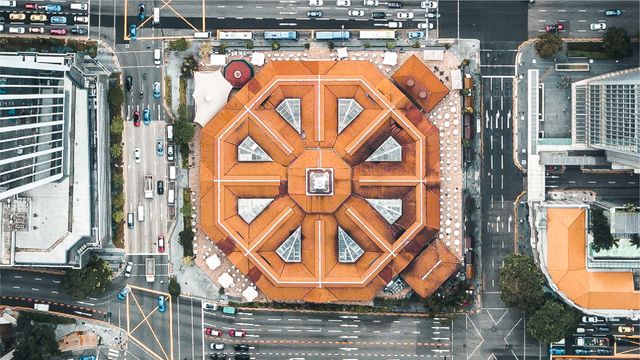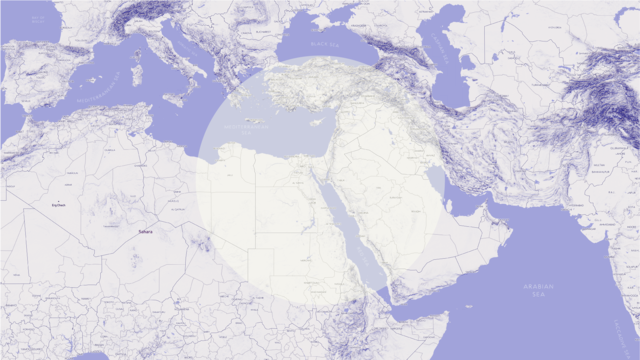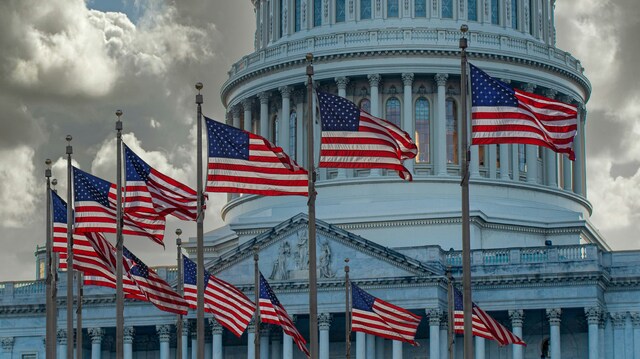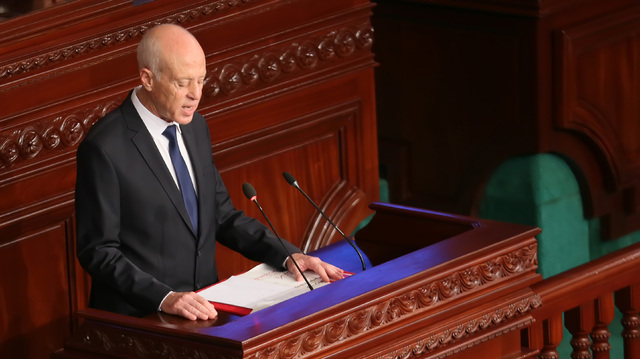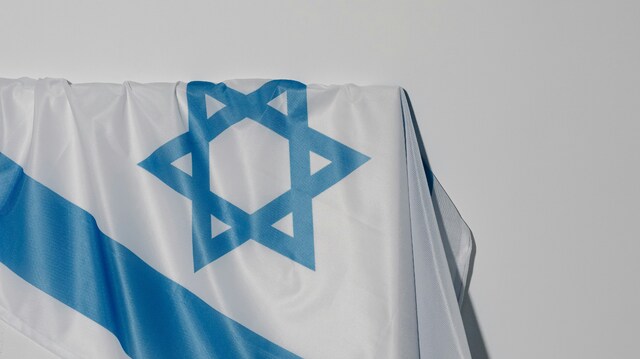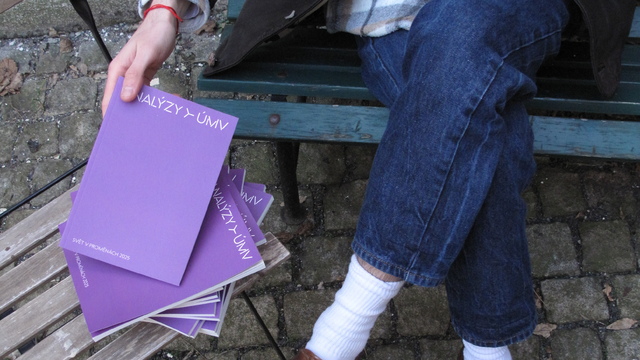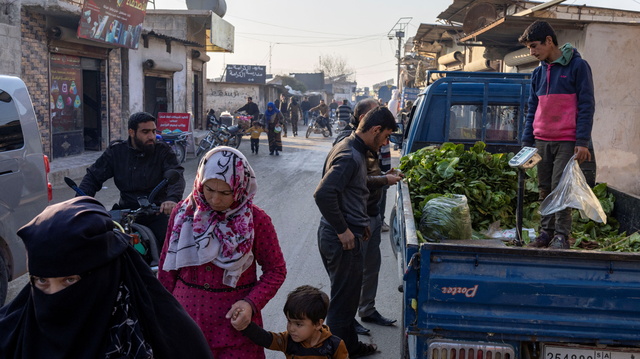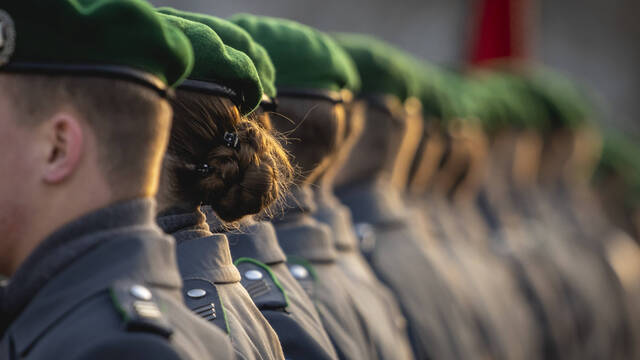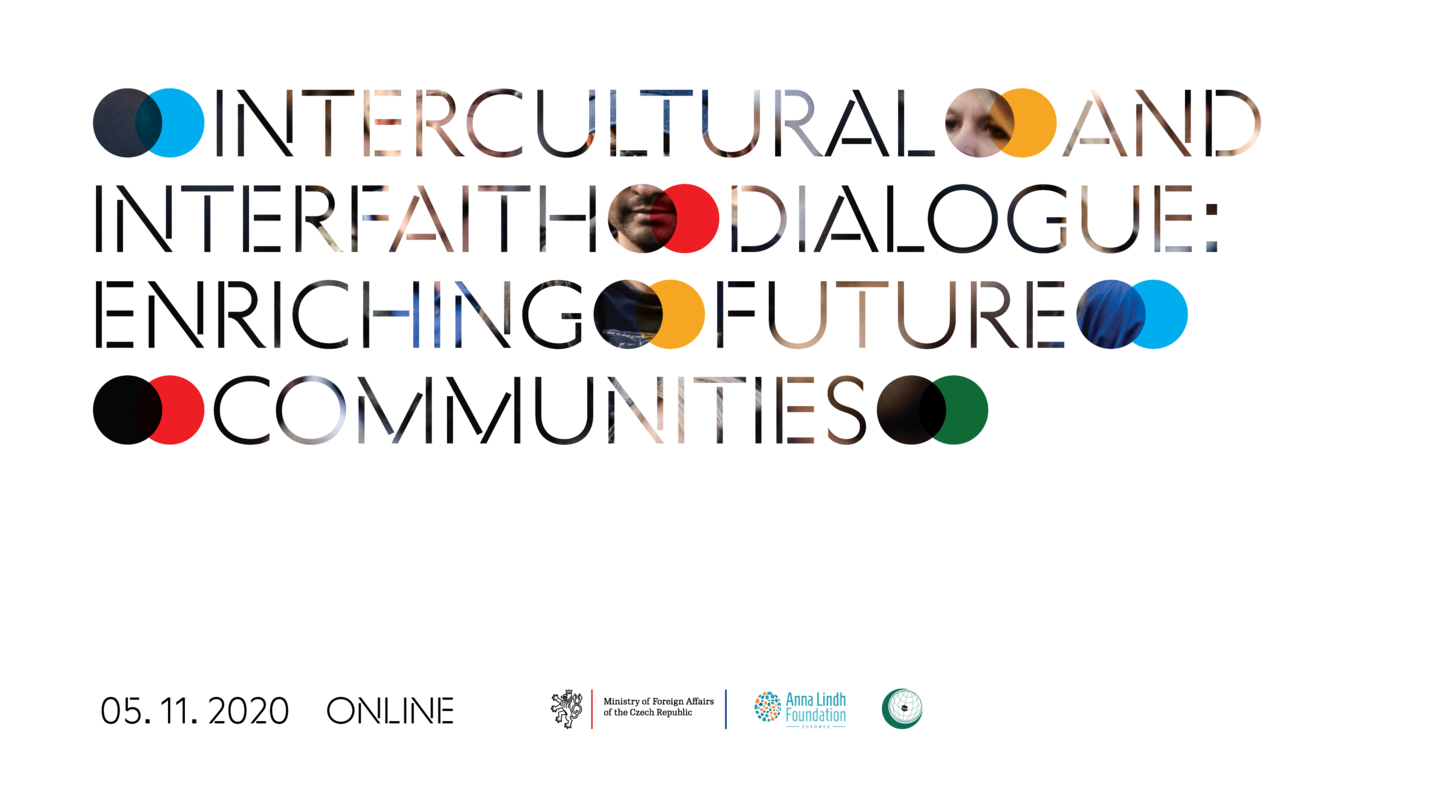
Intercultural and Interfaith Dialogue: Enriching Future Communities
We were delighted to host the international conference titled "Intercultural and Interfaith Dialogue: Enriching Future Communities" which will take place as an online event. The conference was organized in cooperation with the Ministry of Foreign Affairs of the Czech Republic, Organisation of Islamic Cooperation (OIC) and Anna Lindh Foundation.
5. 11. 2020 (9:30)
Jazyk: angličtina ONLINE
The Covid-19 pandemic might have been our generation´s most formative crisis experience. We have navigated through unprecedented lockdowns of our societies and immense economic shocks. We witnessed international interaction downgraded close to zero as well as vacant churches, mosques and synagogues. We understood the great value of communication, social interaction and open world.
Similar to past lessons of this scale and human impact, the crisis made us feel fragile or even fearful, it uncovered some dead-ends of our socio-economic evolution and yet offered inspiration for the future. Sustainable development, security and prosperity, social coherence and solidarity as well as identity and moral integrity – all these values need to be re-assessed now with fresh emphasis and urgency. We believe that such a task is best done through a comprehensive, open and honest dialogue.
The fifth successive conference dedicated to the intercultural and interfaith dialogue, hosted by the Czech Ministry of Foreign Affairs in cooperation with the Prague based Ambassadors of the Organization of Islamic Cooperation member states, Institute of International Relations and Anna Lindh Foundation; provides a platform for expert, policy makers, youth and general public exchange.
We aspire to contribute to long-term global efforts enhancing mutual understanding and multilateral cooperation while at the same time focus our attention on very present opportunities and threats which need to be addressed in a consensual, peaceful and creative ways. Reflecting upon Future Communities, young people participation, opinions and ownership seem indispensable and beneficial. Community life needs care and constant effort to flourish. The Conference aims to contribute to this end by providing a platform to debate and identify potential ways how to reach there.
Key axes of the Conference discourse, i.e. three main methodical perspectives, could be described as: 1/ Academic descriptive as well as normative evaluation of the post-crisis situation we have faced including a positive role of the faith-based communities; 2/ Diplomats – interfaith and intercultural dialogue professionals´ assessment of what should be done in practice for the sake of social resilience and prevention of possible further deterioration; 3/ Civil society - in particular youth - perception and reflections and their expectations vis-à-vis the future.
Let us proceed from a common starting point - crisis as an opportunity - via an outstanding gathering of experts and public at the Conference towards a shared global responsibility and intentional actions. Unlike embarrassing populist or malign radical voices, let us esteem our enriching and mutually inspiring potential while respecting - not ignoring - our diverse cultural and religious backgrounds.
Some framing questions suggested to possibly steer participants thinking ahead of the Conference: How did you perceive pandemic lockdowns and disconnection in your home community and abroad? What have you done to overcome these limits in your professional as well as personal lives? Which short- and long-term trends (both positive / negative) seem to have enforced over the last year? Could the globally shared sense of uncertainty bring about any positive sentiments of global solidarity? What particular values and strengths could be associated with the resilience of the faith-based societies? Which key takeaways shall be controlled and/or further promoted within expert and public debates?
Den 1 5. 11. 2020
Opening Remarks
PANEL I: Faith Based Societies in the (de)Globalized World
The coronavirus crisis has brought an unexpected level of disruption to many areas of social and political life. Believers and religious communities around the globe have been separated and isolated by lockdowns, social-distancing measures, and international travel regulations. Although it is too soon to tell whether this situation will be a mere temporary nuisance, or if it brings a thorough transformation of our way of living, it has already had a significant impact on a number of daily practices of the world’s religions and their adherents. Ranging from numerous care and solidarity initiatives reacting to emergency needs to unprecedented moves like closing of places of worship or the limitation of this year’s hajj, faith-based communities have had to find innovative ways to adapt to the novel conditions or the crisis, and the limitations imposed on the public sphere. This panel seeks to assess the roles and responses of diverse faith groups in the context of the current crisis. What are some of the examples of best practice? How can we learn from them and how can they help to enrich our future communities?
CONCERT - Civilizations Choir of Antakya
Presentation by H.E. Egemen Baǧiş, Ambassador of the Republic of Turkey to the Czech Republic
PANEL II: The Relevance of Religion in Diplomacy Today
Intercultural and interfaith dialogues have become integral parts of political and diplomatic efforts as they offer ideas and practical tools to enhance understanding among nations and diverse communities. There is no doubt that they require sustained attention, professional support, and continuous advancement at both national and international levels. Its value has been acknowledged by most of national governments, religious authorities, and international organization, and most importantly by respective civil societies and exposed individuals. This conference panel aspires to highlight particular worldwide experience and lessons learned so far and to feed into these efforts by bringing together dedicated personalities focusing on the following topics and questions. What is the understanding, acceptance, and personal experience – in general terms relevance - of religion among diplomats today? What kind of change or adjustment can we observe in this respect due to the current pandemic? What role might religious authorities and institutions have in the up-coming socio-economic crisis? Are we able to identify particular opportunities to share our expertise gained after years of working to help diplomats and foreign affairs professionals better understand the relevance of religions and cultural diversity?
PANEL III: Multilateral Youth Networks and Future Communities
Civil society networks and organizations are an integral part of the global dialogue among cultures. Their capacity to assist the marginalized and vulnerable reflects the core values of our society – such as mutual respect, social inclusion, justice, and equity. Community work and initiatives bring people together and organize them to resist and overcome difficult situations, such as the one we are facing now with the ongoing pandemic. Covid-19 has had a major global impact, and several negative implications on deepening inequalities, protectionism, and in parts of the world even contributed to the rise of xenophobia, racism, and distrust. Among the crucial challenges and questions we face today belong a transition towards better connectivity, including connection and exchange between world cultures. Can the situation we are experiencing over the last couple of months help create a new kind of solidarity? An in-depth and broad reflection within an inter-connected world as well as sincere efforts to foster open dialogue channels, seem essential. Similar is the role of civil society in the frontline when advocating incremental policy change and progress while engaging with governments and institutions to identify and protect those who need it the most. What kind of support - or more free space - does civil society requires, or deserves, to deliver its best?
Closing Remarks
Video 1
Video 2
Video 3
Video 4
Video 5
Spolupráce / Záštita
Ministry of Foreign Affairs of the Czech Republic, Organisation of Islamic Cooperation, Anna Lindh Foundation
